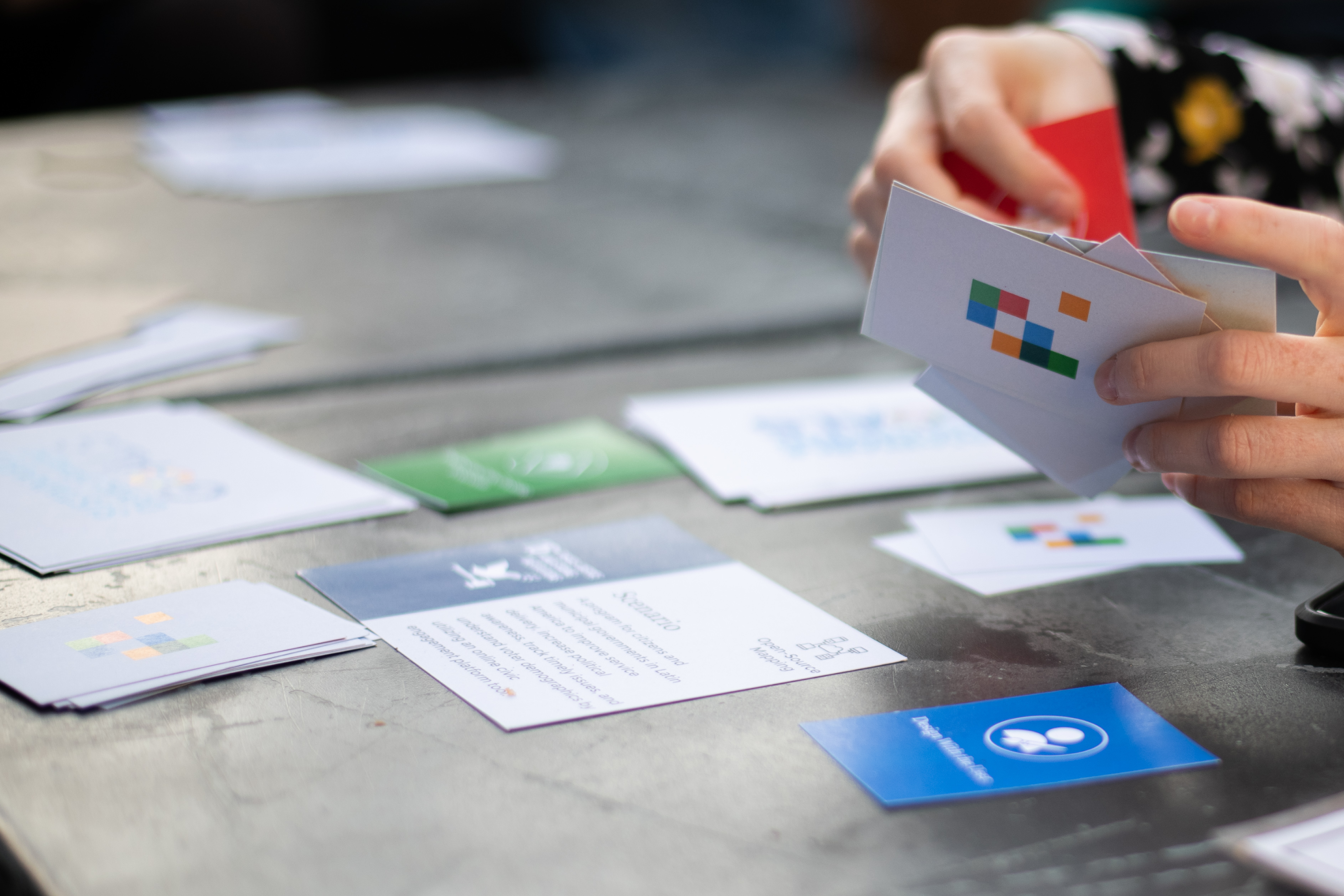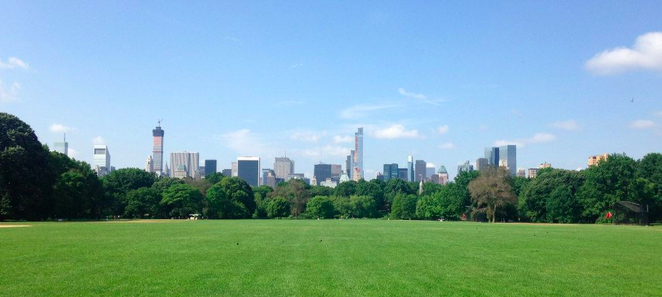Never doubt that a small group of thoughtful, committed citizens can change the world. Indeed, it’s the only thing that ever has. – Margaret Mead. Margaret Mead spoken such simple words with such profound impact, and just recently, to an audience at George Mason University, Micheal Wesch made those same words come alive.
Wesch, who has been dubbed “the explainer” by Wired Magazine, is a cultural anthropologist who studies the impact of new media on society and culture. Wesch’s videos on technology, education and information have been viewed by millions, translated into multiple languages and celebrated at film festivals over the world. A multiple award winner – including the 2008 CASE/Carnegie U.S Professor of the Year for Doctoral and Research Universities – his ideas were captivating and thought provoking.
Wesch, the creator of the viral video Web 2.0…The Machine is Us/ing Us, has been a lead researcher about how; this medium is changing our fundamental daily existence. He even goes so far as to suggest the ways it’s changing the classroom, the way we learn and the way we engage with our everyday environment.
The idea Wesch presented to the crowd at George Mason was simple – new media mediates our world. Wesch advances the idea that we know ourselves through our relationships with others; new media creates ways of relating to others and therefore new media creates new ways of knowing ourselves.
New media helps us relate to others because it’s where we go to find out what is being said, how it’s being said, who is hearing it and it has become how we store and access knowledge.
Wesch’s believes the web is built on user generated content, user generated filtering, user generated organization and user generated distribution. The key in all of this, is that the power to effect change, create community, share knowledge and determine what is of the most importance to ourselves is in our very hands – everyone can be the user with the power to create, filter, organize and distribute. And by becoming the user we are able to connect, collaborate and organize without constraint. Our relationships with each other are forged in our ability to be the user, the user with the power to affect one another.
We shape our tools and thereafter our tools shape us – Marshall McLuhan


